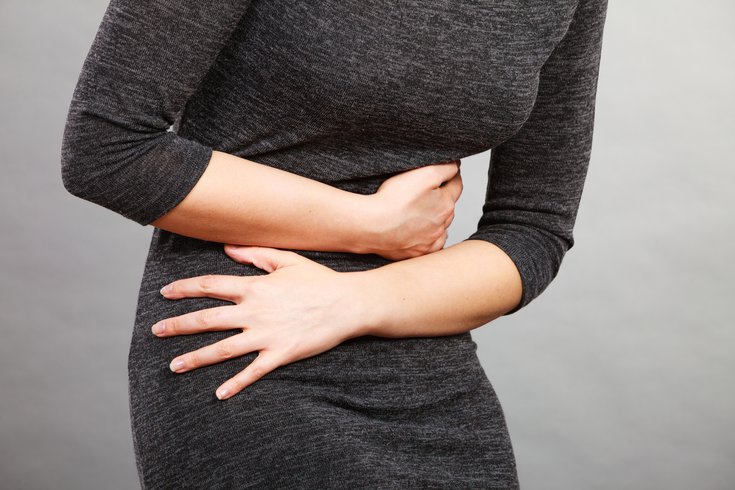
February 20, 2023
 Source/Image licensed from Ingram Image
Source/Image licensed from Ingram Image
The best way to prevent a stomach bug – especially if someone is sick within your household – is to practice proper hand hygiene and take extra precautions when preparing food and doing laundry.
If you've been hit by a stomach bug this winter, you are not alone. Stomach illnesses caused by the highly-contagious norovirus have spiked since the beginning of the year.
The norovirus, which causes diarrhea, vomiting, nausea and stomach pain, generally infects about 1 in 15 Americans each year during the late fall, winter and early spring.
As of Feb. 11, about 17% of norovirus tests were coming back positive, according to the U.S. Centers for Disease Control and Prevention. That's a higher rate than seen at any point last season. In the Northeast, test positivity rates are about 16%.
The actual number of cases might be much higher though, Lee-Ann Jaykus, a North Carolina State University microbiologist who directs NoroCORE, a food virology collaboration among multiple federal agencies, told Vox. The CDC only counts outbreaks from a sampling of 14 states. Because of this, CDC case numbers are best viewed as a marker of trends – not as an accurate assessment of the number of cases.
Many scientists say norovirus cases are reverting to their pre-pandemic levels now that most COVID-19 protective measures have been stopped. And with children back in school full time, a norovirus surge was inevitable, because children generally do not wash their hands as effectively as adults, Jaykus said.
"Literally, if you have a little kid and he or she brings norovirus home, everybody's gonna be sick," Jaykus said.
In Philadelphia, the norovirus is circulating, but it hasn't reached emergency levels, according to the Department of Public Health.
The virus spreads when people have direct contact with an infected person, consume food prepared by someone who is sick or touch contaminated surfaces and then put their unwashed hands in their mouths. The norovirus can spread quickly through households and businesses. Outbreaks are common at health care facilities, catered events, schools and child care centers.
Symptoms are typically short-lived, and there is no specific treatment for norovirus illnesses.
The elderly and young children are particularly vulnerable to dehydration so they need to be watched carefully for signs of dehydration. People are advised to drink plenty of fluids to replace what they lose lost from vomiting and diarrhea. In severe cases, people may become dehydrated and need to be hospitalized and treated with IV fluids.
For babies and young children, these signs include dry diapers, lacking tears when they cry and being unusually sleepy or fussy.
The best way to prevent a norovirus infection – especially if someone is sick within your household – is to practice proper hand hygiene and take extra precautions when preparing food and doing laundry. The virus can linger in feces for more than two weeks after symptoms abate so people need to remain diligent, the CDC advises.
Here are some other prevention tips from the CDC:
• Wash your hands after using the toilet or changing diapers and before eating, preparing or handling food or medicine. Only use soap and water; hand sanitizer isn't as effective against the norovirus.
• Carefully wash all fruits and vegetables before eating or cooking them. If you are cooking oysters or other shellfish, make sure they reach an internal temperature of at least 145 degrees to ensure that any norovirus particles have been killed.
• Anyone who is sick should not prepare or handle food for others.
• Clean and disinfect all surfaces that may have been touched by someone who is ill. Use rubber or disposable gloves and wash your hands afterward to protect yourself.
• When doing the laundry of a sick person, wear gloves and wash your hands thoroughly afterward. Wash clothes with detergent and hot water at the maximum cycle length and machine dry at the highest heat setting available.
• If you get sick, avoid public settings for at least 48 hours after your symptoms cease to ensure that you aren't still contagious.